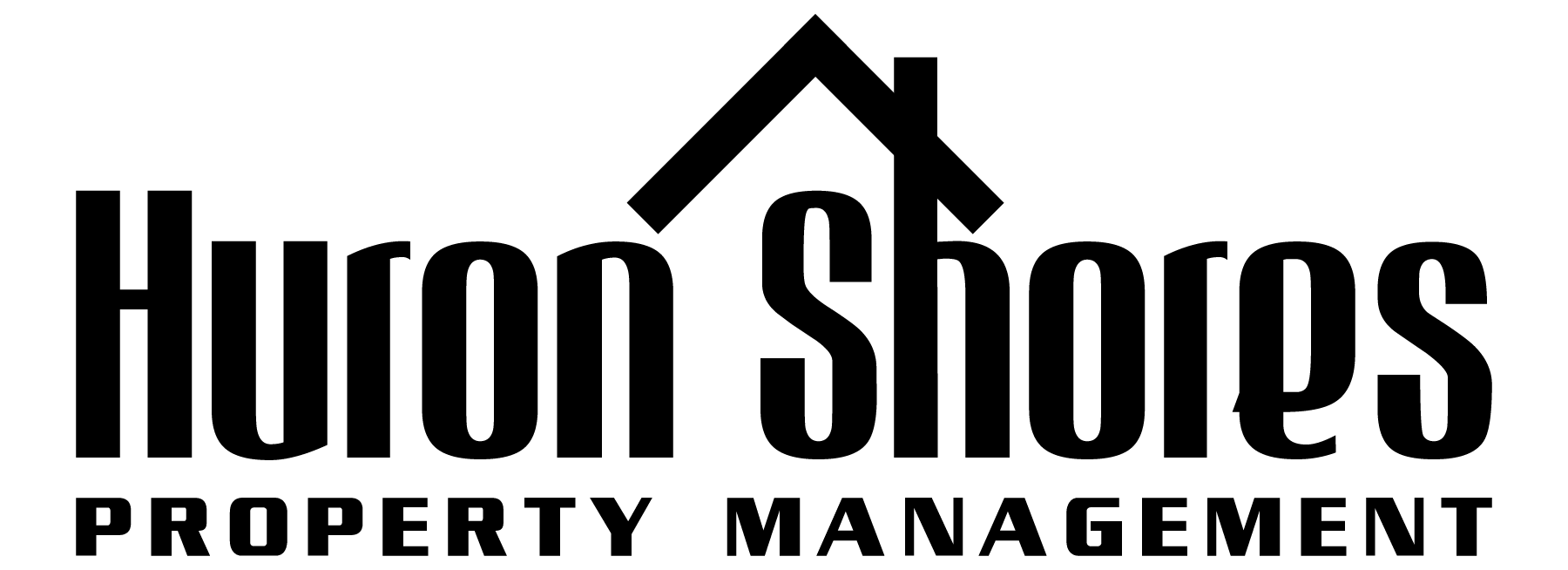Effective financial management is crucial for the stability and prosperity of any condo community. Condo boards in Windsor face unique challenges and opportunities when budgeting for their communities. This guide offers essential tips and best practices for condo boards aiming to enhance their financial planning and budget management.
Understanding the Basics of Condo Board Budgeting
Condo board budgeting involves several key components:
- Operating Budget: Covers day-to-day expenses such as maintenance, utilities, and staff salaries.
- Reserve Fund: A savings account for future major repairs and replacements, like roofing or HVAC systems.
- Special Assessments: Additional fees collected for unexpected repairs not covered by the reserve fund.
Developing an Effective Budget
Creating an effective budget requires careful planning and consideration:
- Assess Past Expenditures: Review previous years’ budgets to understand spending patterns and identify areas for adjustment.
- Forecast Future Needs: Estimate upcoming expenses based on the condition of the property, planned improvements, and inflation.
- Set Realistic Goals: Ensure that the budget aligns with the community’s needs and financial capabilities.
Tips for Managing Condo Board Finances
Effective financial management strategies include:
- Regular Financial Reviews: Conduct quarterly reviews to monitor the budget’s performance and make adjustments as needed.
- Transparency with Residents: Regularly communicate financial matters to residents to foster trust and accountability.
- Use of Financial Management Tools: Implement software or systems that aid in budget tracking and financial planning.
Planning for Reserve Funds
Adequately funding the reserve fund is critical for long-term financial health:
- Conduct a Reserve Fund Study: Have a professional assess the expected lifespan of major components and the cost of replacing them.
- Plan for Regular Contributions: Allocate a portion of the condo fees to the reserve fund based on the study’s recommendations.
- Review and Adjust Annually: Update the reserve fund plan each year to reflect changes in costs and property conditions.
Handling Unexpected Expenses
Managing unexpected expenses without straining the community’s finances involves:
- Building an Emergency Fund: Set aside a portion of the reserve fund for unforeseen repairs or emergencies.
- Considering Special Assessments Carefully: Use special assessments sparingly and ensure transparency about the reasons and necessities for additional fees.
Conclusion
For condo boards in Windsor, effective budget management is essential for maintaining a healthy and vibrant community. By understanding financial fundamentals, planning thoroughly, and communicating openly, condo boards can ensure their communities thrive financially.




